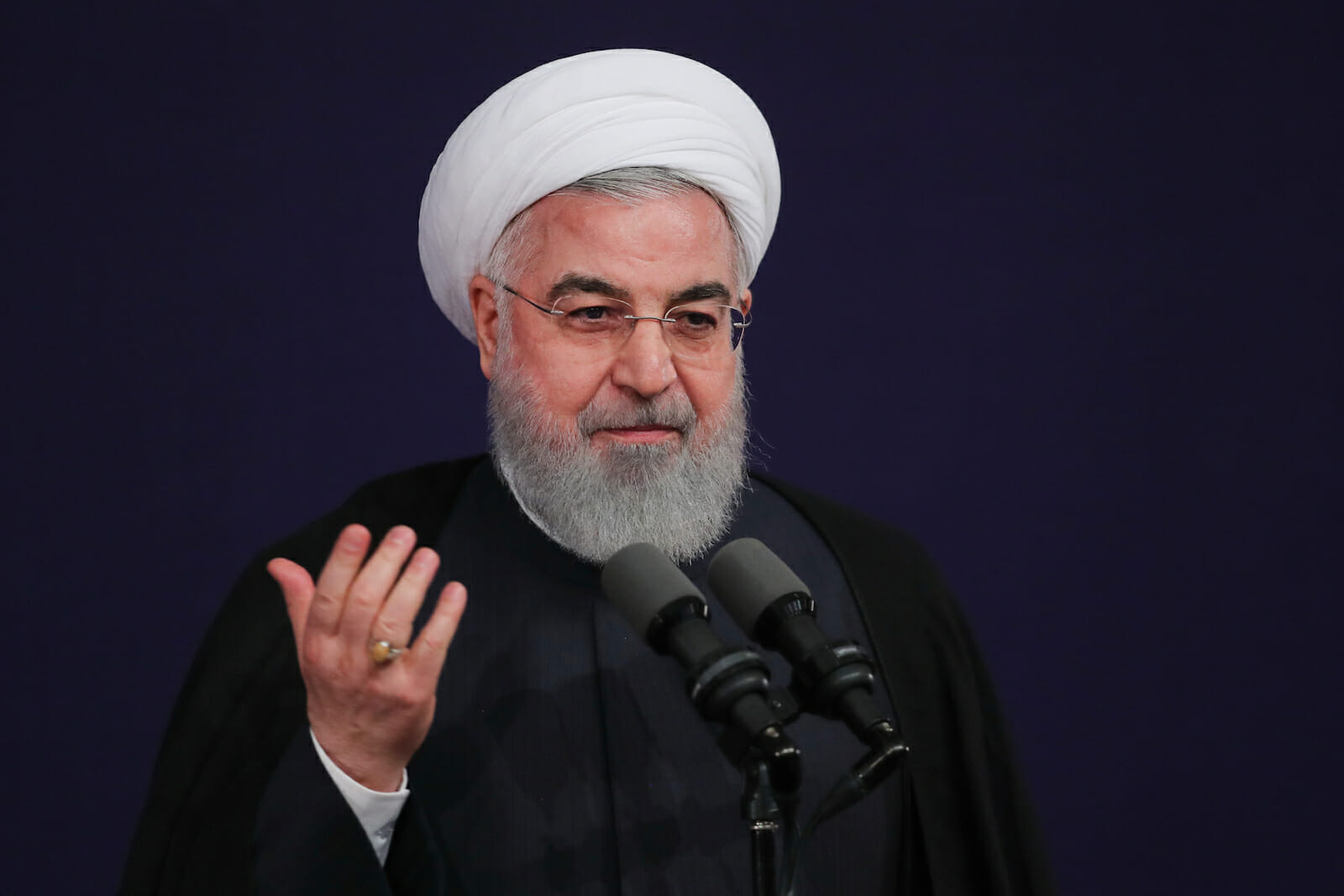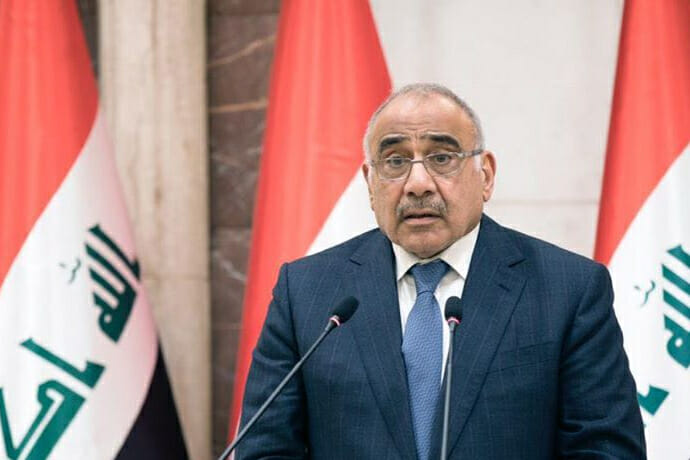
How Iran is helping Iraq amid the U.S. Sanctions
America’s Iran policy is a stringent approach that combines both confrontation and containment. After his arrival on America’s political scene, President Trump revoked the nuclear deal, renewed sanctions on Iran and sullied Iranian foreign policy. And when it comes to Iraq, the Trump administration wants Iraq is to immediately reduce its dependence on Iran to virtually zero.
Washington wants to sever Iraq’s energy ties with Iran. On December 11, the U.S. Secretary of Energy, Rick Perry, during an official visit to Baghdad and Erbil discussed Iraq’s post-ISIS progress but more importantly voiced an American concern over Iraqi imports of Iranian gas and electricity. After the withdrawal from the nuclear deal, President Trump gave Iraq a 45-day waiver as long as it does not pay in American currency. Furthermore, Perry was accompanied by the largest ever trade delegation in an attempt to convince Iraqi leadership that the U.S. is committed to helping Iraq cover its rising energy demands in the immediate and long-term.
Washington’s ‘maximum pressure’ on the Iranian economy by pressuring Iraq is a non-starter. Iraq is not expected to comply under American pressure given the complexity of the issues.
First, Iraq depends on Iranian gas and electricity imports for nearly half of its total energy consumption. As the 45-day waiver is about to expire, America believes that the situation is ripe for projecting its economic interests in Iraq – the country shattered by the United States in 2003, and by doing so, it believes that the U.S. and its allies can quickly increase Iran’s isolation in the region. The paradox is that Washington assumes that Iranian support for Iraq is ‘unacceptable’ because it has signed arms contracts with Saudi Arabia. Nevertheless, Iran holds broad sway over its trade with post-Saddam Iraq. It is revered for its religious solidarity being the only Shia-superpower, and it has generously provided humanitarian aid to the region.

Second, in his warning cum expression of interest, Perry conveyed a message that the Iraqi government should make serious efforts to develop indigenous capabilities with the help of American conglomerates to wean off Iranian influence over Iraq. To that end, the recent signing of MoUs by the Iraqi government with companies such as Siemens and General Electric can be seen as a measure to bring technological know-how, local employment and to improve Iraq’s status to attract more foreign direct investments. Despite these efforts, energy analysts argue that Iraq will need more than a decade to develop its indigenous power generation capability. Therefore, instead of going along with the U.S. anti-Iran sanctions, Iraq is likely to choose Iranian energy resources over the long run.
Third, Iraq is a Middle Eastern country. This year, it is not a surprise that the protest in the summer that rocked Basra – an epicenter of a heat wave, was over the issues of electricity cuts. Added to this is public anger over unemployment, water shortages, and unfair governance – all could lead to further escalation of the nationwide instability should Iraq decides to sever its ties with Iran.
Fourth, Iran is Iraq’s top trade partner and shares a 1,458 km border with Iraq. President Rouhani recently remarked that Iran-Iraq bilateral trade could rise from $12 billion to $20 billion. From March to November 2018, Iranian non-oil goods exports to Iraq stood at $6.57 billion which is 66.59 percent higher in terms of value and 66.14 percent in terms of weight compared to last year. This steep spike in non-oil goods imports is due to water shortages, domestic instability, and electricity cuts in Iraq which have forced many of its farmers to leave agriculture. Therefore, it is wrong to blame Iran for the worsening situation in Iraq. Rather, as this analysis shows, Iran is, in fact, assisting Iraq to improve its war-stricken economy.
Fifth, without Tehran’s assistance Iraq would experience an alarming energy crisis within hours. Under American law, the maximum waiver can only be granted for up to 180 days. Baghdad understands that it is heavily dependent on Iranian support to revamp its energy and power sector, food supply and commodities. Just two days before Perry’s visit, the Iranian delegation consulted the Iraqi government on gas and electricity supply. This is not a coincidence. Iraq really needs Iranian energy.
Finally, in the hope of restricting Iran’s regional influence, the U.S. and its allies are actually worsening the situation in Iraq. In other words, the U.S. is exercising its draconian ‘dual containment 2.0’ policy vis-à-vis Iraq and Iran. Cognizant of the reality, Iraqi Prime Minister Adil Abdul-Mahdi announced that he will send a delegation to the White House to secure another 45-day waiver from U.S. sanctions against Iran that would allow Baghdad to keep importing Iranian gas.
Iraq’s post-war reconstruction path will take decades to repair in order to gain superiority in terms of achieving self-reliance in energy generation and development of power grids. It is, therefore, clear that Baghdad’s efforts to be weaned off Iranian energy at Washington’s request will be met with disappointment.

